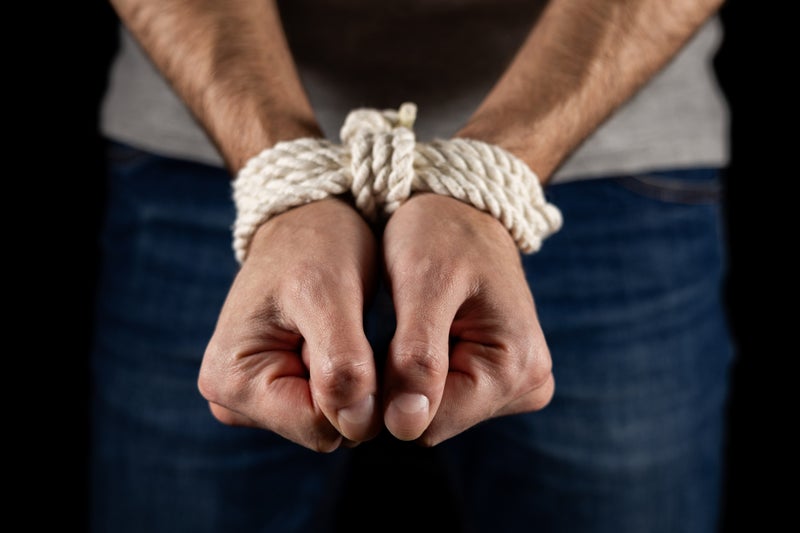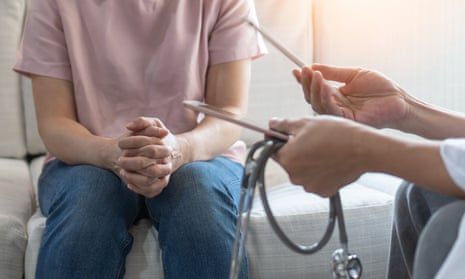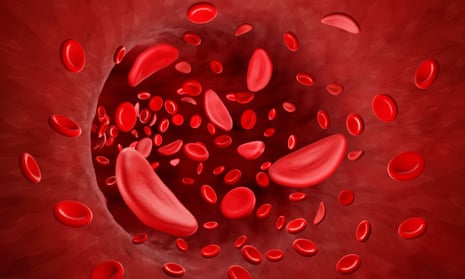The charity argues that the law needs to be widened to make adult non-consensual intimate images illegal, rather than just the sharing of them – and say this would make them easier to remove from the internet, and is already the case for child abuse images.
Mortimer said the hotline had experienced an increase in reports about images shared on networks such as Discourse – an online communities app – and messaging app Telegram, which has been criticised for an alleged lack of control on extreme content.
Minister for victims and violence against women and girls, Alex Davies-Jones, said the government was strengthening the law and that includes the Online Safety Act, which forces platforms to remove intimate images.
“Sharing intimate images online without consent is an abhorrent violation that can inflict profound and lasting harm on victims, particularly women and girls,” she said.
“Revenge porn” – the sharing of private or sexual images or videos of a person without their consent – became an offence in England and Wales in April 2015, but the number of convictions remains low, 277 people were convicted in the year ending June 2024 according to Crown Prosecution Service (CPS) figures.































